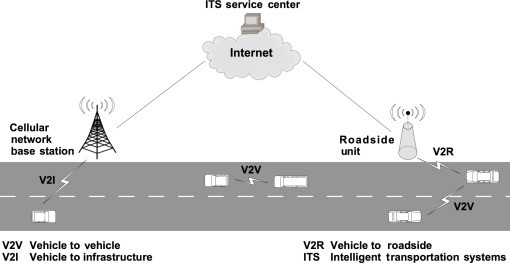SECURITY AND PRIVACY CHALLENGES IN VEHICULAR AD-HOC NETWORKS: THREATS, COUNTERMEASURES
Keywords:
Vehicular Ad-hoc Networks (VANETs), Security, Privacy, Threats, Countermeasures, Sybil attacks, Data privacyAbstract
Vehicular Ad-hoc Networks (VANETs) play a crucial role in enabling efficient and safe communication among vehicles, contributing to advancements in intelligent transportation systems. However, VANETs face significant security and privacy challenges that must be addressed to ensure their widespread adoption. This research examines the threats encountered in VANETs, such as Sybil attacks, Denial of Service (DoS) attacks, data privacy breaches, location privacy concerns, message authentication issues, misbehaving nodes, and physical attacks. To mitigate these threats, various countermeasures are discussed, including public key infrastructure, intrusion detection systems, encryption techniques, pseudonym changing, reputation-based mechanisms, and physical security measures. Nonetheless, the dynamic nature of VANETs necessitates ongoing research and development to address emerging challenges and identify novel solutions. Future directions in this field involve exploring advanced cryptographic algorithms, machine learning-based anomaly detection techniques, and collaborative approaches among vehicles to enhance security and privacy in VANETs. The findings of this research contribute to the understanding of security and privacy challenges in VANETs and provide valuable insights for researchers, practitioners, and policymakers working towards secure and privacy-preserving vehicular communication systems.
